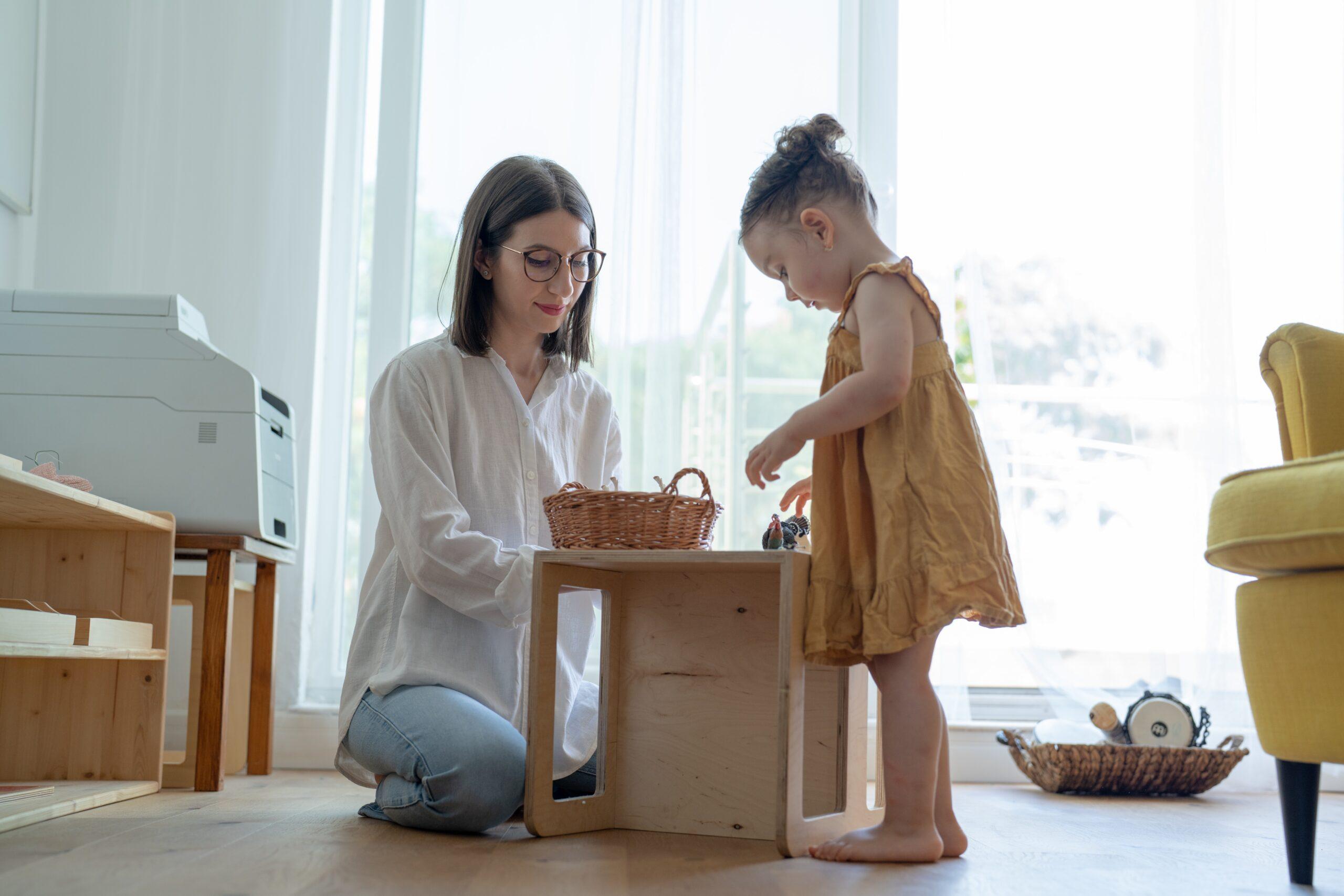My son, Will, started life a happy, social and capable baby, yet mysteriously began to falter around 18 months of age. After that, Will always seemed to get worse.
Will received a motor-delay diagnosis at age 2. By age 5, it was ADHD. By 1st grade, it was Asperger’s syndrome. He seemed to live on a slippery slope, forever losing ground against his peers.
From the very beginning, my family had whole-heartedly followed all of the specialists’ recommendations regarding Will’s speech, physical and occupational therapy, and early education. Later we heeded the recommendations regarding special education, social skills training and drugs to suppress Will’s lack of attention and anxiety. Surely there was a way to help my son. But nothing turned the tide.
By the time Will was 11, we had lived in the Midwest, the South and the East Coast with a full array of medical specialists, therapists and educators at each location. The message was always the same. Some nameless, changeless genes were to blame— nothing we could influence significantly, try as we might. Though Will’s dwindling social skills and increasingly explosive anxiety were terrorizing his life and mine, we had no choice but to suffer, making do the best we could. As for the future, the odds of Will ever being independent seemed bleak.
Then, one pivotal day, I stumbled across a brochure about biomedical intervention at a meeting of the Autism Society of America. I’d never heard of biomedical intervention before. There couldn’t be anything to it of course; otherwise, our specialists would have clued in our family.
I browsed the brochure anyway, just in case. I learned that biomedical intervention is based on the idea that environmental factors can overwhelm a genetically susceptible child and cause physical problems in body chemistry, the digestive tract and/or the immune system. Untreated, these underlying medical problems eventually lead to behaviors that get labeled as autism-spectrum disorders (ASDs). You know the terms: ADD, ADHD, PDD, Asperger’s syndrome, HFA and autism.
The brochure went on to say that when the underlying medical problems are identified and treated, brain function and autistic behaviors often improve. Could that possibly be true? If so, why hadn’t anybody told me? As I investigated further, the idea of underlying physical problems made a great deal of sense. I saw telltale signs in Will and his history that matched the biomedical explanation. For one, my son, like many people with ASDs, has a family history of an autoimmune disorder, such as rheumatoid arthritis, insulin-dependent diabetes (type I), psoriasis, hypothyroid disease, lupus and rheumatic fever. Furthermore, 30-70 percent of autistic patients have immune impairments, like frequent infections (particularly ear infections), inhalant allergies and food sensitivities.
The doctors and medical experts researching biomedical intervention point out that the majority of autistic children also have digestive tract problems. They say to watch for picky eating habits or food cravings, diarrhea, constipation, abnormal stools, abdominal pain or bloating, reflux, thrush or food sensitivities. These are all indicators of underlying woes in the gut. Body chemistry is also commonly disrupted in people with ASDs, leading to out-of-sync brain-cell communication and an impaired ability to rid the body of toxins and heavy metals.
I sought more information about biomedical intervention at www.autism.org, the Web site of the Autism Research Institute, where I learned that although not all children improve with biomedical intervention, a large percentage do. Many children even recover. With a box of tissues, I watched the site’s videos of recovered children. It was tantalizing. I had to give biomedical intervention a go for Will.
These resources gave me hope— and better yet, practical interventions such as nutritional supplementation and avoidance of foods that intensify gut symptoms and autistic behaviors. I also learned about gut flora enhancement, careful use of vaccines and removal of heavy metal overload, which, if applicable, an experienced biomedical doctor can help guide detoxification treatment.
It turned out that such interventions made a profound impact on Will’s brain function and out-of-control anxiety. Neither maturity nor any other explanation could account for such rapid progress in such a short time. After many years of struggling and falling behind, Will had vastly gained control after 18 months of intervention.
It’s now been four years since that pivotal day I discovered biomedical intervention. Will’s long abandoned the need for and use of his anxiety medication. Even his attention medication was discontinued for seven months, though he has returned to a low dose of the medication on school days.
The unhappy, anxious boy who was inflexible with change and prone to out-of-proportion meltdowns has been replaced with a happy, easy-going, affectionate child. I recall the “Before-Will,” with his vacant expression, who was slow to respond and who struggled to concentrate when involved in anything except his narrow range of obsessive interests. “Before Will” lived only in the present moment with few memories of the past or thoughts for tomorrow. That old Will has given way to a bright-eyed Will with varied interests, good comprehension and memories of the past, as well as plans and hopes for the future. Will’s eye contact, conversation skills and ability to make friends have significantly improved. His body— once plagued by sensory hypersensitivity, lack of coordination and fatigue— has transformed from adversary to ally, a much more pleasant place for Will to live. Incredibly, it seems he is on the road toward independence one day.
A recent psychological evaluation yielded a new diagnosis for Will: PDD (pervasive developmental disorder). It’s a step in the right direction as we continue making progress toward recovery. However, Will is not the only one recovering. I, too, am recovering. No longer do I live on eggshells, feeling stressed, worried and embarrassed, and making excuses. Ever increasingly, I genuinely enjoy my son and am proud of his accomplishments.
For my family, biomedical intervention truly transformed our lives. For you, I hope today is a pivotal day.




